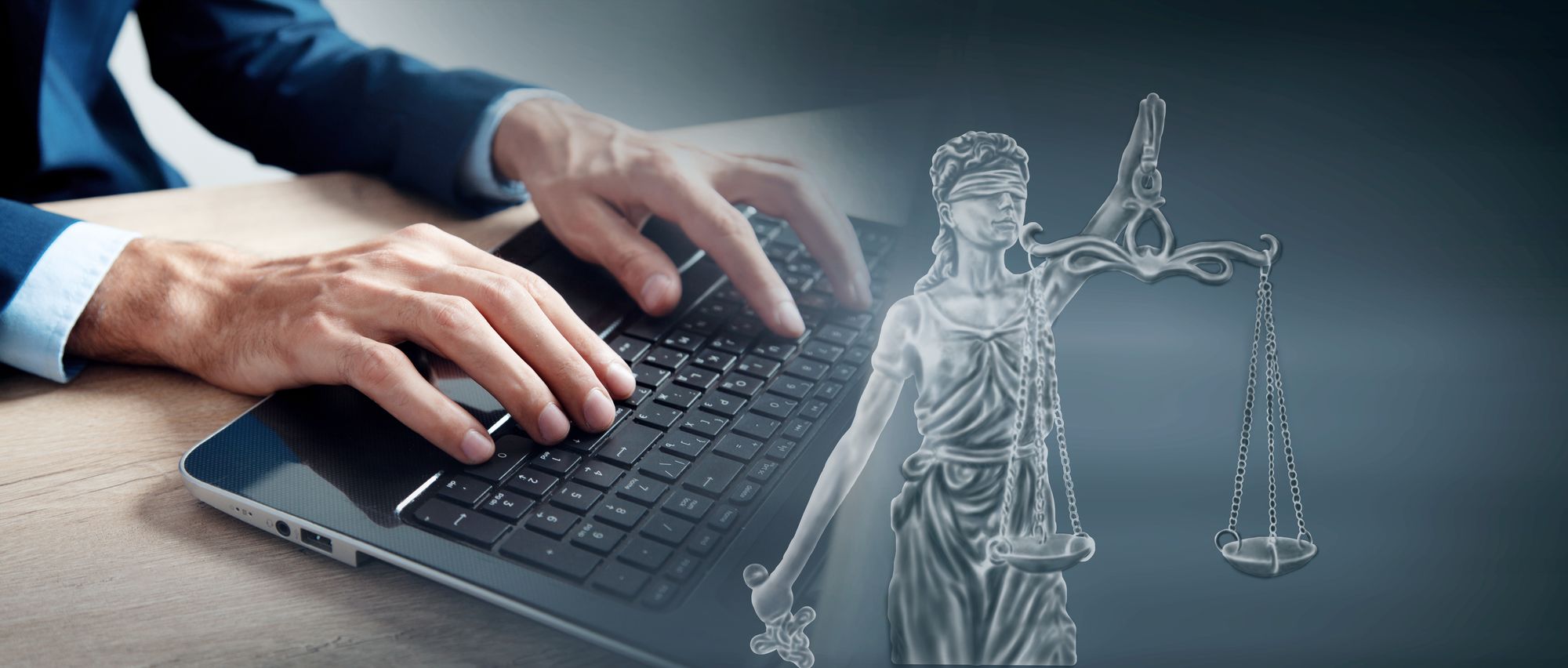The $25 Million Cup: Understanding the Starbucks Racial Discrimination Lawsuit

Title: The $25 Million Verdict: A Closer Look at Shannon Phillips' Starbucks Lawsuit
In a landmark judgment that has caused ripples in the corporate world, a New Jersey jury unanimously ruled in favor of Shannon Phillips, a former regional director for Starbucks, who sued the company for wrongful termination based on racial discrimination. The jury's decision comes after a six-day trial and has significant implications for corporations nationwide.
The case traces its roots back to April 2018 when a viral video showed the arrest of two Black men, Donte Robinson, and Rashon Nelson, at a Philadelphia Starbucks. The men were waiting for a business meeting but were arrested on accusations of trespassing after they refused to make a purchase or leave the store. This incident triggered nationwide protests and led Starbucks to close some of its stores for racial bias training.
Robinson and Nelson subsequently reached a private settlement with Starbucks, and the city of Philadelphia vowed to invest $200,000 in programs supporting young entrepreneurs, marking a crucial turning point in the narrative.

In the aftermath of the incident, Starbucks was in the eye of a racial discrimination storm. Less than a month after the arrests, Shannon Phillips, who had been with Starbucks for nearly 13 years, was notified of her termination. Phillips claimed she was not at the store that day and was not involved in the arrests.
In court documents, Starbucks alleged that Phillips "appeared overwhelmed, frozen and lacked awareness of how critical the situation was for Starbucks and its partners." It further asserted that all actions taken towards Phillips were "for legitimate, nondiscriminatory, non-retaliatory reasons."
Phillips, on her part, maintained that she actively engaged in "crisis management" efforts and took steps to ensure that her retail locations were safe and welcoming environments for all customers, regardless of race.

During the trial, the case took a significant turn when a Black district manager testified via Zoom that he believed Phillips' race played a role in Starbucks' decision to fire her. He further stated that his race was a reason why he was not terminated, a testimony that was key to the case.
Phillips' attorney also highlighted that Starbucks chose not to terminate the District Manager of the store where the arrests took place, who was Black, but instead terminated his White supervisor, Ms. Phillips.

The jury subsequently ordered Starbucks to pay $25.6 million in settlement money, including $25 million in punitive damages and $600,000 in compensatory damages. This verdict speaks volumes about the potential consequences of wrongful termination and racial bias.
The case serves as a reminder for all companies to be thoughtful and transparent about their reasons for terminating an employee, especially when faced with situations of this nature. The implications of this verdict are far-reaching, signaling a potent shift in how corporations navigate issues of race and discrimination.
In a world where racial bias is still prevalent, the verdict in Shannon Phillips' case against Starbucks serves as a beacon, illuminating the path towards a more just and equitable corporate landscape.


